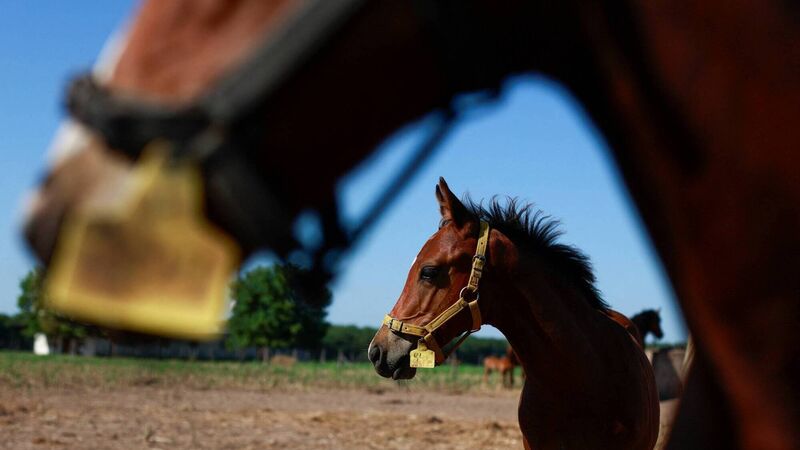Gene-editing set to bring change in the equestrian world

Genetically modified polo horses stand in San Antonio de Areco, on the outskirts of Buenos Aires, Argentina January 30, 2025. REUTERS/Matias Baglietto
For many years, cloned ponies have excelled in the prestigious equestrian sport of polo, and the sport has now taken a further step into equine technology, with the birth of the first genetically edited horses.
Polo has diverged markedly from thoroughbred breeding for racing, in which only natural breeding is allowed. Other equine sports are in the middle, with artificial insemination (AI) and embryo transfer permitted in sport horse breeding.











